Vélosophy Bikes from Sweden
Look good, do good & ride with with style
Do good, look good & ride with style

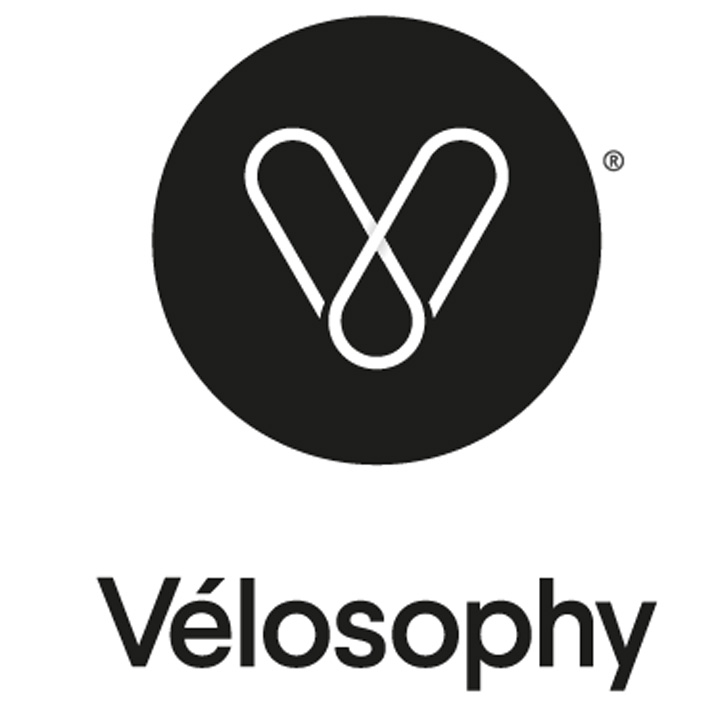
Part bicycle
Part philosophy
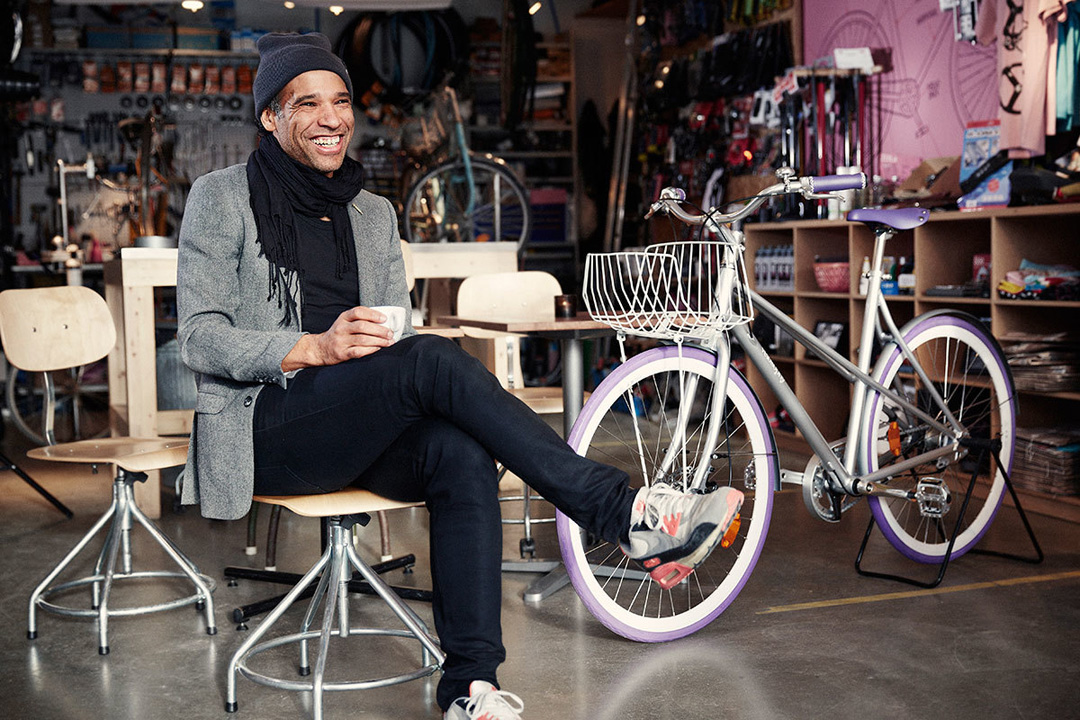
Jimmy Östholm x TEC
It all began with the insight, that a bike can make a fundamental difference to kids in developing countries.
What triggered your decision to launch Vélosophy? And what made you leave advertising behind?
I’m not sure there was a special tipping point, but one of the main reasons was: In advertising you could work your butt off and produce fantastic work, but from one day to the next you could be thrown out with the bathwater due to things that you couldn’t control, like a new marketing director who had completely different ideas. And suddenly your work wasn’t worth anything. I guess, I built up a frustration over the years.
Of course, we got paid but that was never my driving force. Prior to advertising, I worked for IKEA which is a completely different company with a huge focus on the product. The respect and sincere love I had for the physical product stuck in the back of my mind and eventually added to my initial frustration. And then, with my longstanding passion for bikes, all these pieces came together and gave me the idea to create a physical product and have control over how you promote it and bring it to market.
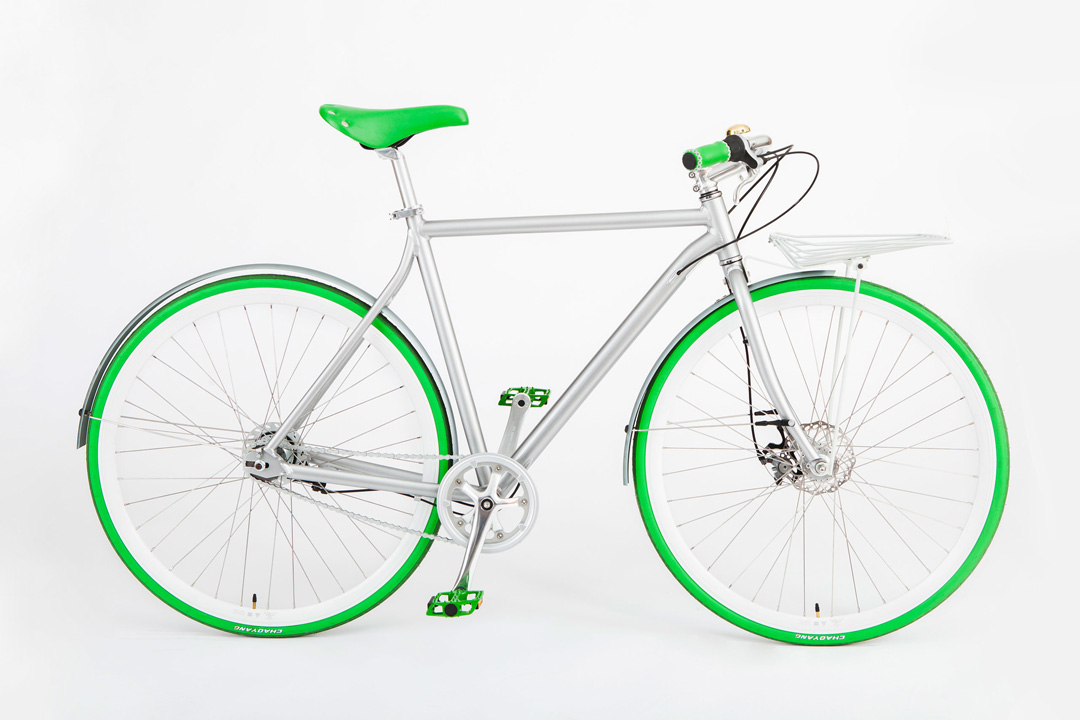
So how did it all start, how did you go about it in the early days?
I’m humble enough to say to myself, ‘you’re good at some things, but not at everything.’ For example, I had a clear idea how a bike should look. But I wasn’t able to actually create it or to draw it. So I had to find a person I could connect with, who could bring my ideas to life and add to them.
I met [designer] Olof Dimdag when I was lecturing at the University for Arts, Crafts and Design in Stockholm. He was doing his Master’s degree and Olof struck me immediately as a really creative soul. When he graduated, I reached out to him and fortunately he accepted. He has been part of the Vélosophy team ever since.
Can you tell us more about the challenges in terms of the design and the material?
The decision to work with aluminium for our frame was a simple one. Although I should say that we did not choose the material because it’s easier or less costly, it’s quite the opposite. But when it comes to using recycled aluminium, it was a logical consequence from the beginning. Because it allowed you to think about a circularity from a production point of view as well. In contrast to steel, aluminium never erodes or dies. Over time, it only becomes more vivid. Plus, the patina is only adding to the beauty of the material over the years.
.
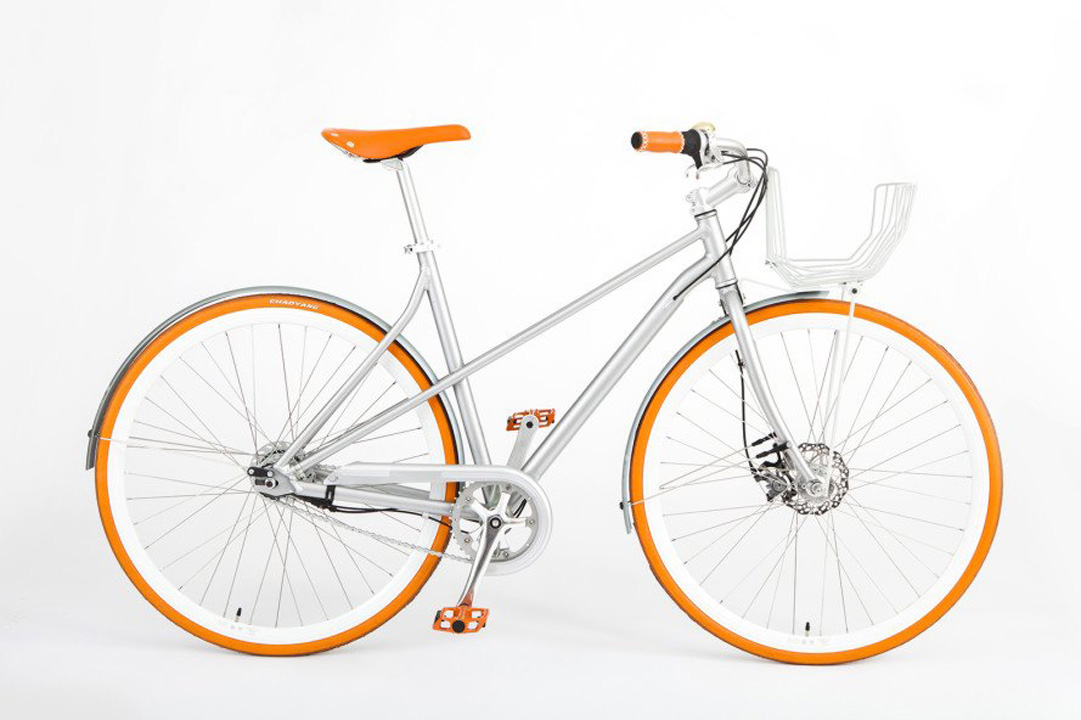
How did the collaboration with your manufacturers in France come about?
One of my board members used to be a managing director at one of France’s most well-known bike manufacturers, so we used his network and reached out to them. That was how it started. Since then, they have completely outgrown us but they helped us transfer our business seamlessly to another French manufacturer, just a few miles from the first factory. We have been working with them for three years now. They are agile in their response to our needs and produce super quality work. So I’m really happy with that.
So, Sweden wasn’t an option for bicycle manufacturing?
I would love to manufacture in Sweden, but there are only two or three manufacturers and those are owned by other brands. So it’s not an easy task to place your production in Sweden at the moment. But, you know, that would be a dream come true.
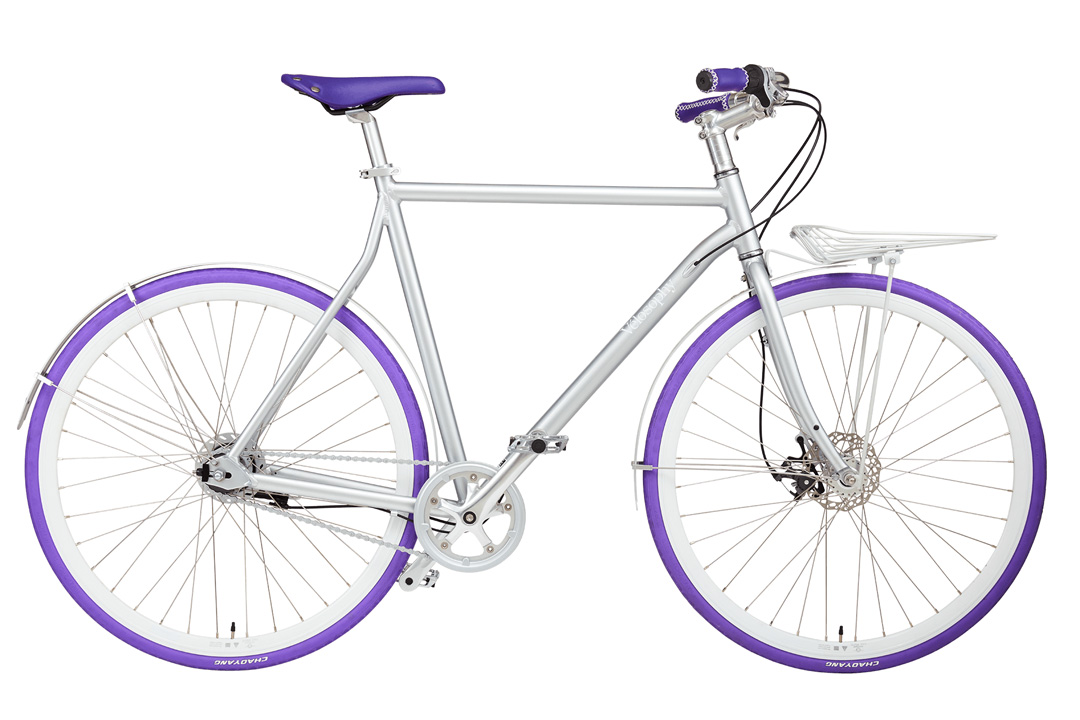
Can you tell us a little bit more about the One for One promise? Was it part of your plan from the start, or how did this scheme evolve?
To create a good looking and functional bike – that wasn’t enough for me. The One for One promise was the reason for me to start this company. It all began with the insight, that a bike could be so much more than just a means of transport as it is for you and me. It literally could be the difference between life and death, or between a girl in parts of Africa going to school or not. The decision was made to donate a bicycle to a schoolgirl in a developing country for each Vélosophy bike we would sell.
Even though everything started with the One for One promise, our purpose today has expanded. Today we say that we are ‘putting life in motion.’ That means we create local labour because every bike we donate to a girl is also made in the region we give the bikes to. That’s a an enormously important thing.
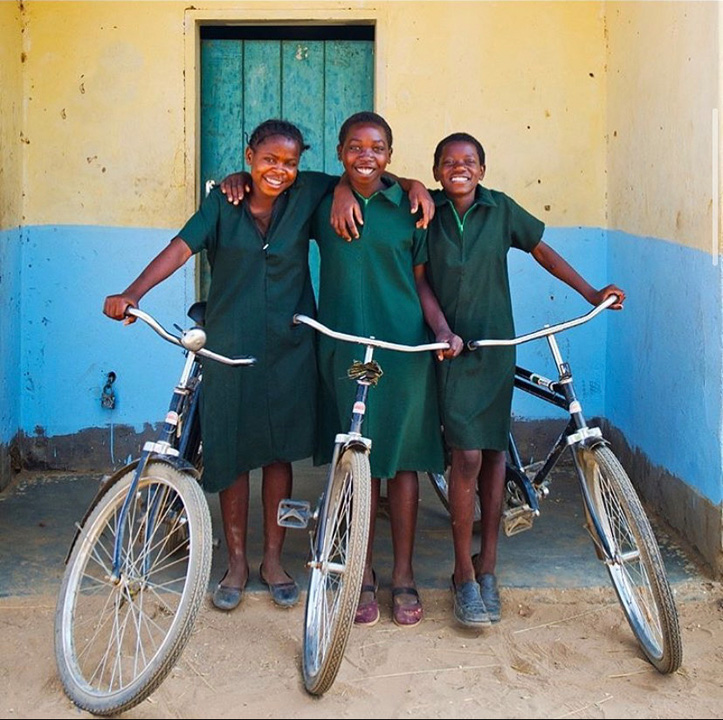
And the bikes are donated mainly to Ghana through UNICEF?
For the very first 600 or 650 bikes that we sold, we made the donations through UNICEF and they were directed to school girls in Ghana. UNICEF is great, but of course, they are a huge organization and bikes are just a tiny part of their efforts. But they gave us their trust and the confidence to reach out to World Bicycle Relief, which is an American non-profit organisation focused on donating bikes.
They are by far the largest organisation when it comes to setting up donation programmes and now we are working with them. Every year, we sit down with them and look at the criteria and decide where the donation for this year will be aimed. Our latest donation for example went to Zimbabwe.
Let’s talk about the Covid effects and challenges. Has the demand for bikes increased in Sweden and beyond?
Yes, it did. We sold out completely in 2020. Our biggest challenge for this year is to get hold of enough components, because it’s absolutely chaotic out there when it comes to producing bikes. We will be able to tackle the situation but we will not be close to selling as many bikes as we could have. The interest is definitely increasing and I’m already planning ahead for 2022.
Are Vélosophy bikes currently available in shops outside Sweden?
When we started, part of the business idea was to sell our bikes only on our own platforms but this has since evolved. From this year, we are working with selected retailers in Europe where we can control the experience.
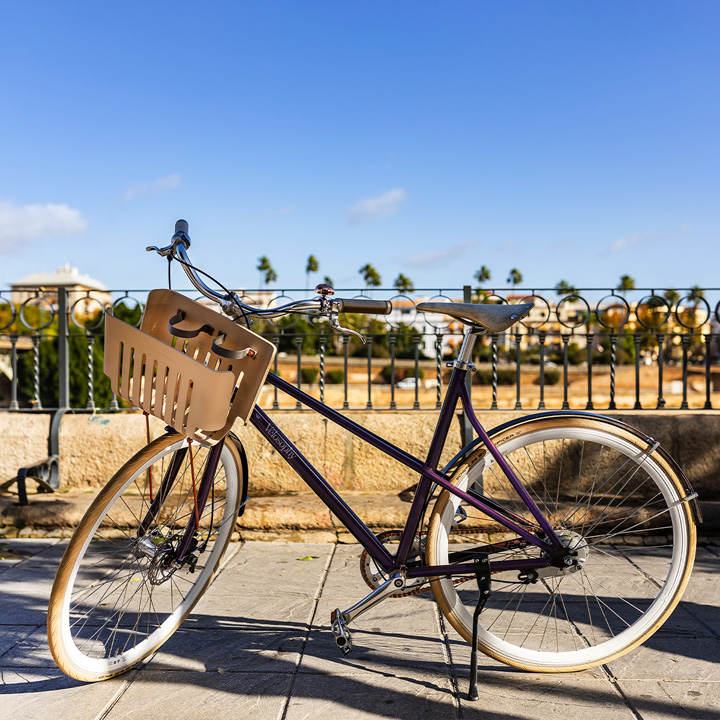
The bikes created in collaboration with Nespresso are now out of stock. Are there any plans to produce more bikes made from recycled coffee pods?
I’m super happy that the bikes have sold out and that this partnership is still ongoing. Now it’s more about how to take it to the next level, how to develop and refine it. I think we did a good job in telling the story in a new way that recycling really matters.
Nespresso has struggled with that aspect for many years but I was keen to collaborate with them because they really want to take on these challenges and accept them. They really do. They have initiated a program with the aim that not a single pod should be wasted but rather become the next pod that you use. They are getting pretty close to closing their material loops. Being part of telling that story, about the importance of recycling, is a great honour and also an obligation for us.I think you have not seen the last of Nespresso bikes yet, and we are currently in discussion with other companies with similar challenges.
Aside from Vélosophy’s other lifestyle products, are there any other collaborations that you’re currently working on?
I can’t give you any more details yet but let’s say, I’m glad that we as a small company can hook up with larger companies to help them create credible stories that can make a difference, because that’s the point. If I can sell bikes while doing that, then I’m super happy. But I’m even more happy to provide the message and to get people to understand.
Will this lead to other types of bikes? Would you consider including road or racing style bikes?
Range-wise it might change a little, but we will certainly stick to our mission to provide good looking, functional and responsibly sourced urban city bikes. I think we will stick to that niche. Regarding other products and services, this is something that we are really keen to explore…
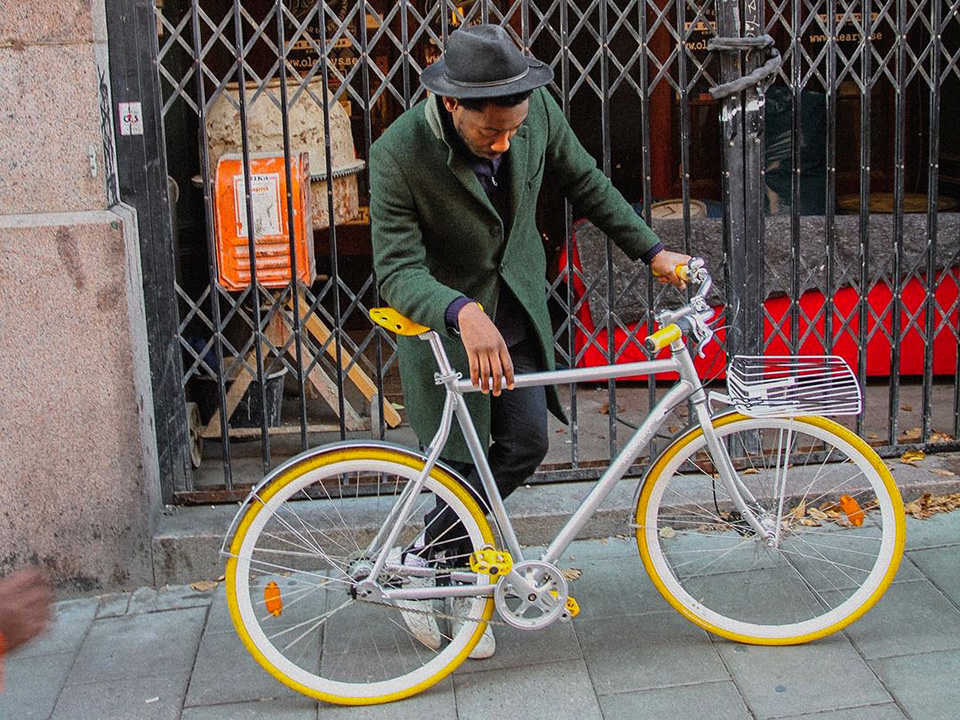
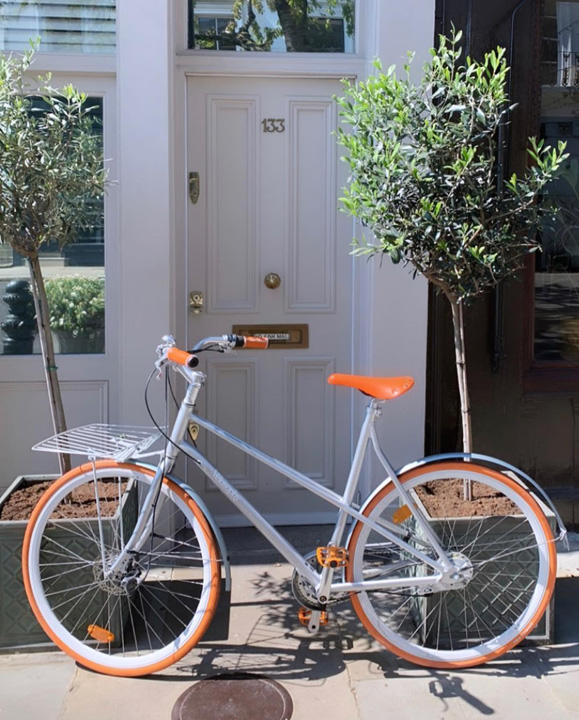
Talking about urban city bikes: What is the role of the bicycle in solving mobility problems in the future from your point of view?
From what I can foresee, bikes will absolutely have a key role to play when it comes to urban commuting and city transportation. A simple example: the green gas emission from the lifespan of a bike, including use and production is 13 times less compared to a conventional car. And it’s four times less than the best ever and cleanest ever electrified car currently available.
I’m also optimistic in the sense that governments really step up and take responsibility and literally pave the way for more journeys made by bike. Of course, I don’t think that bikes on their own will solve our climate crisis. But I definitely believe they can be one piece in that puzzle. So I’m optimistic.
Thank you, Jimmy, till nästa gång!



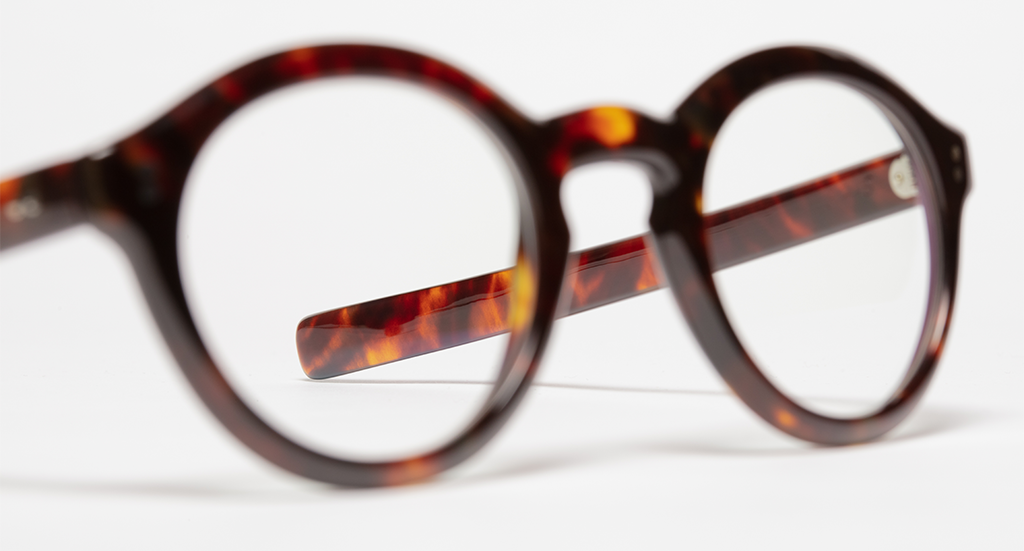

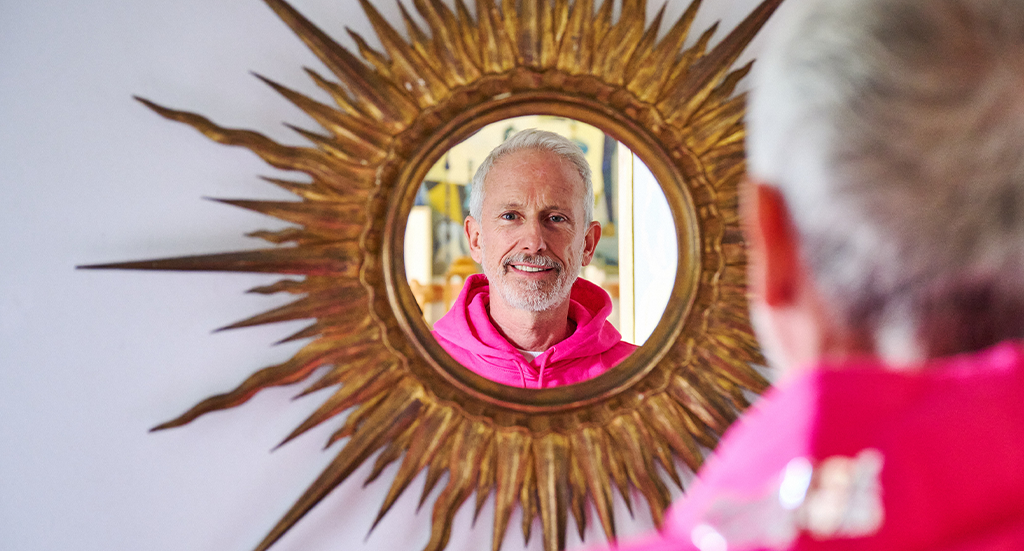
Join our Community